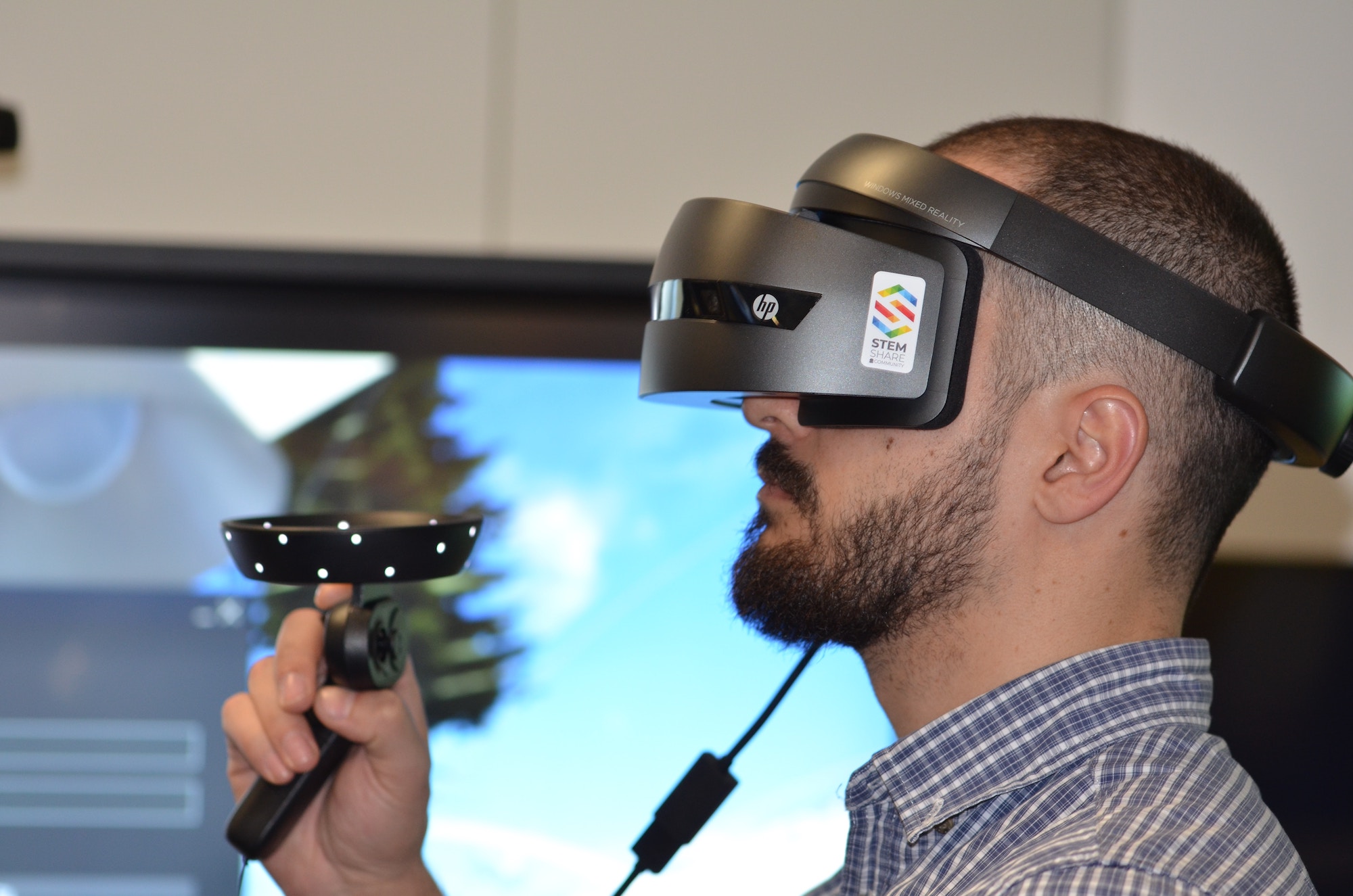Most of today’s college students–myself included–are considered “digital natives.” We grew up with the internet and we’re used to living in a world where we can Google the answer to anything within seconds. But our comfort with digital communication and smartphone use doesn’t automatically translate into our knowing how to digital research, or how to navigate an overwhelming information landscape with comparable facility. Speaking from my own experience, I really can’t overstate how important it is for college students to develop thorough and meaningful research skills while in school.
The internet represents a fundamental shift in how college students learn and engage their coursework, gather information, and conduct academic research. I think, especially in the eyes of my parents’ generation, that the internet and our always being online have made academic research appear effortless for students–but I’m not sure that is actually the case.
I’ve seen friends of mine and fellow classmates struggle because they didn’t feel confident about their ability to do research for a paper or project. Their feeling insecure wasn’t a reflection on their intelligence; these people were very bright. Rather, their not feeling confident was due to inexperience. What I realized was, some of my classmates hadn’t been taught foundational skills for digital literacy–and now they were in college, being asked to use these skills they didn’t have. I’ve come to believe that college students who fail to develop digital research skills–who lack an understanding of what it means to conduct good research–will find it hard to excel.
The explosion of digital material presents both opportunities and unique challenges to student scholars, especially those who aren’t used to navigating journal databases or and massive amounts of information. Sure, college students know their way around Facebook and love sending Snaps and posting Instagram pics. It’s in our nature–we’re digital natives. But developing the skills we need to be good digital researchers is about more than that. College presents a great opportunity to cultivate these skills, which then enable students to explore more far-reaching questions about digital culture and its effect on identities and relationships.
“The majority of students — of all levels — exhibited significant difficulties that ranged across nearly every aspect of the search process,” according to research out of Illinois Wesleyan University that was highlighted in The Atlantic. “They Tools like virtual learning environments, information databases, and social networks are amazing research tools, but they are only helpful to students who understand how to use them. College professors and employers alike expect young people to know their way around the academic side of the Internet. So, if young people are to meet these expectations–if we want to thrive in this era of digital information and communication–we need to develop digital competencies. We need to know how to do online research. From an academic standpoint, digital research skills enable us to be better and more aware as learners. And on a larger scale, college students who are digitally literate are more capable of making contributions to the world–not only as professionals, but as people. And college students like me need these skills beyond the world of research and academia. Young people who have the dexterity to carry out information-seeking tasks–whether for school, work, or as part of the minutiae of everyday life–have a major advantage over those who lack this skill. Beyond being able to discern which online sources are reliable and knowing how to cite source materials properly, having some degree of digital know-how is needed these days, in order to excel professionally and establish independence. Think about it: from setting up a wi-fi network in your first apartment to creating a personal website to impress potential employers, the fittest and most capable young graduates will be those who are digitally fluent. The way I see it, living in a so-called “digital age” brings a paradox: as universities and workplaces become increasingly dependent on online communications and information-sharing, strong reading skills and the ability to locate digital information with efficiency have become more important than ever. Similar to combatting traditional illiteracy, I really think that overcoming technological illiteracy begins with education–and that kind of learning should ideally start much earlier. Many childhood literacy experts are already questioning how the constant presence of digital devices affect kids’ ability to interpret and understand written information. Personally, I intensely dislike the bad rap young people get for “being glued to their screens” or “addicted to texting.” Digital media consumption can only be harmful when parents, caregivers, and educators ignore their role in helping kids navigate the digital landscape. With that sort of guidance, college students will have the skills they need to consume media of all kinds–print, digital, and everything in between.







